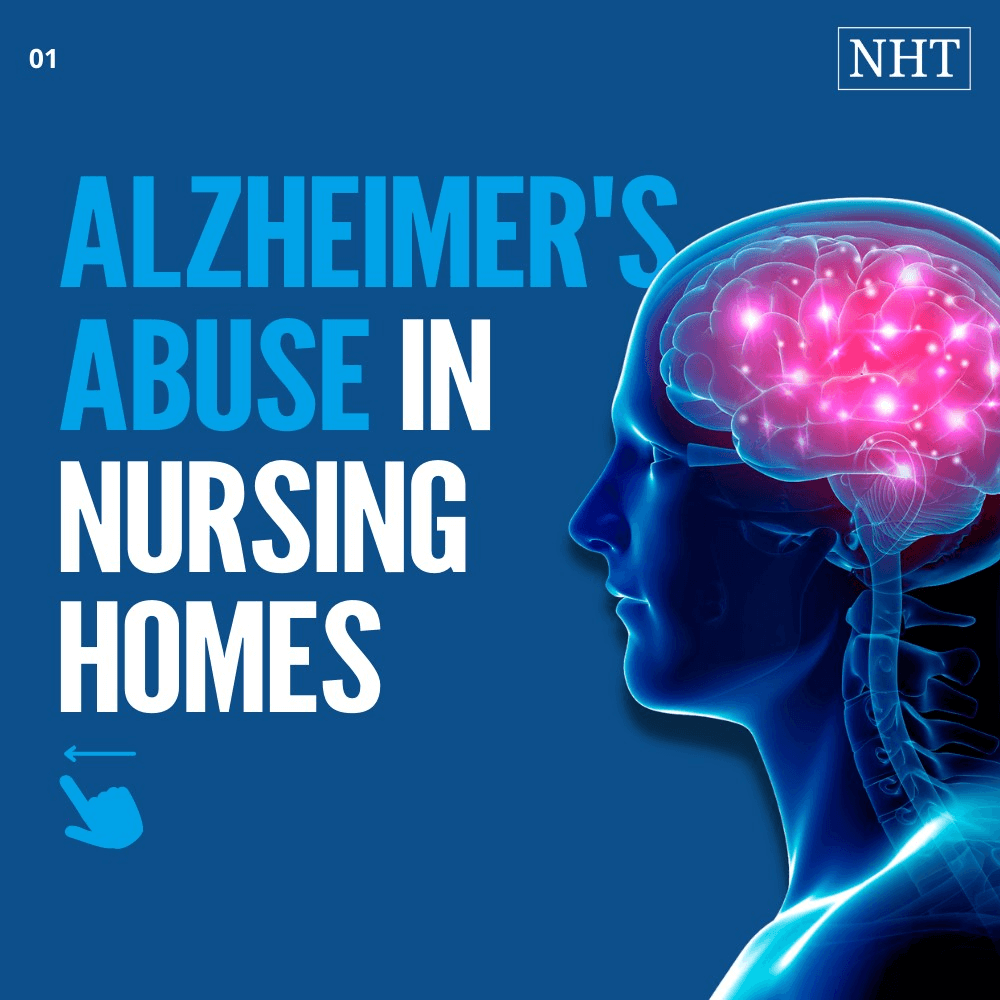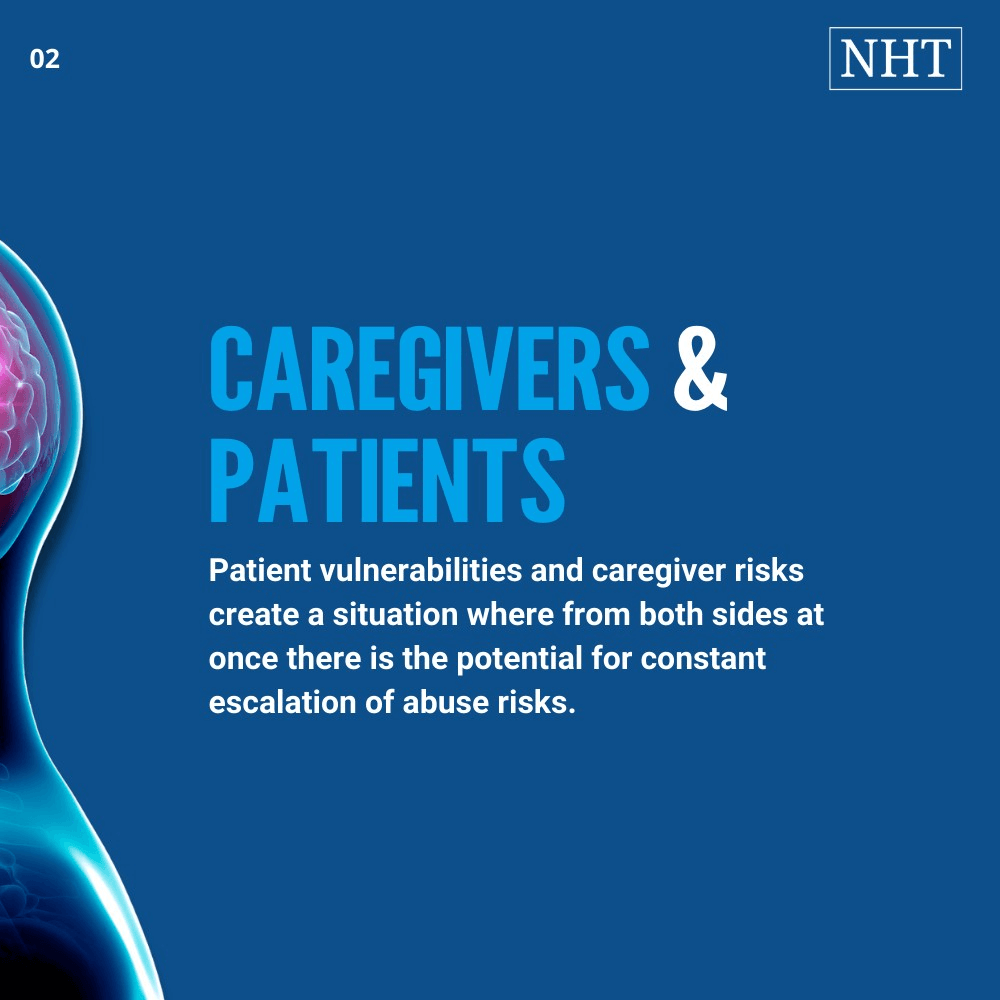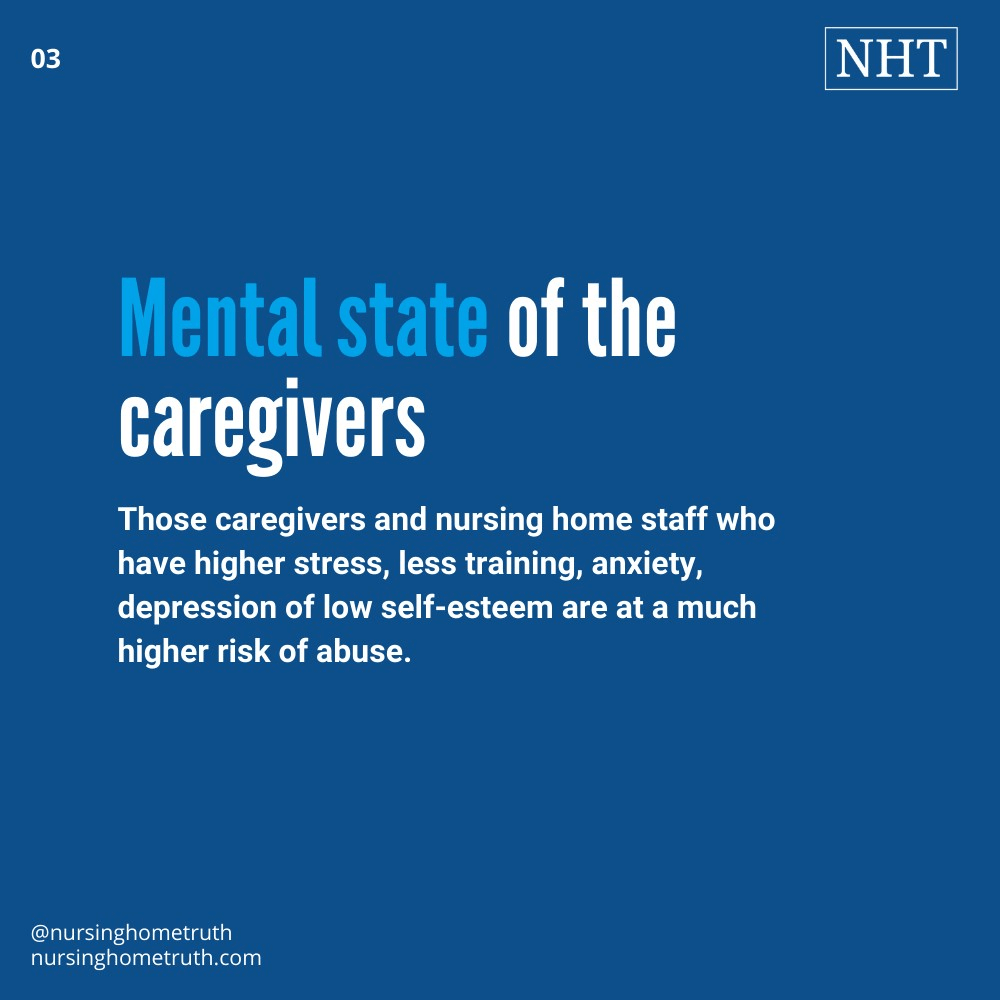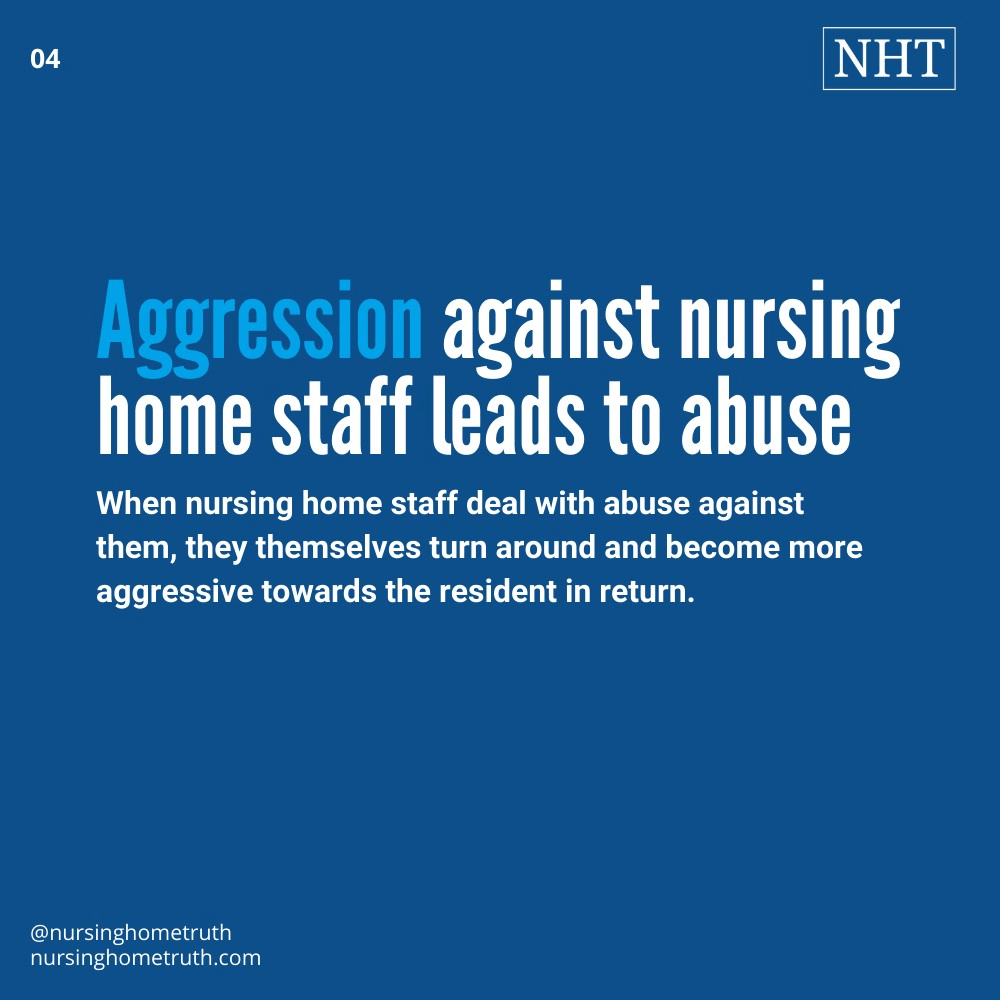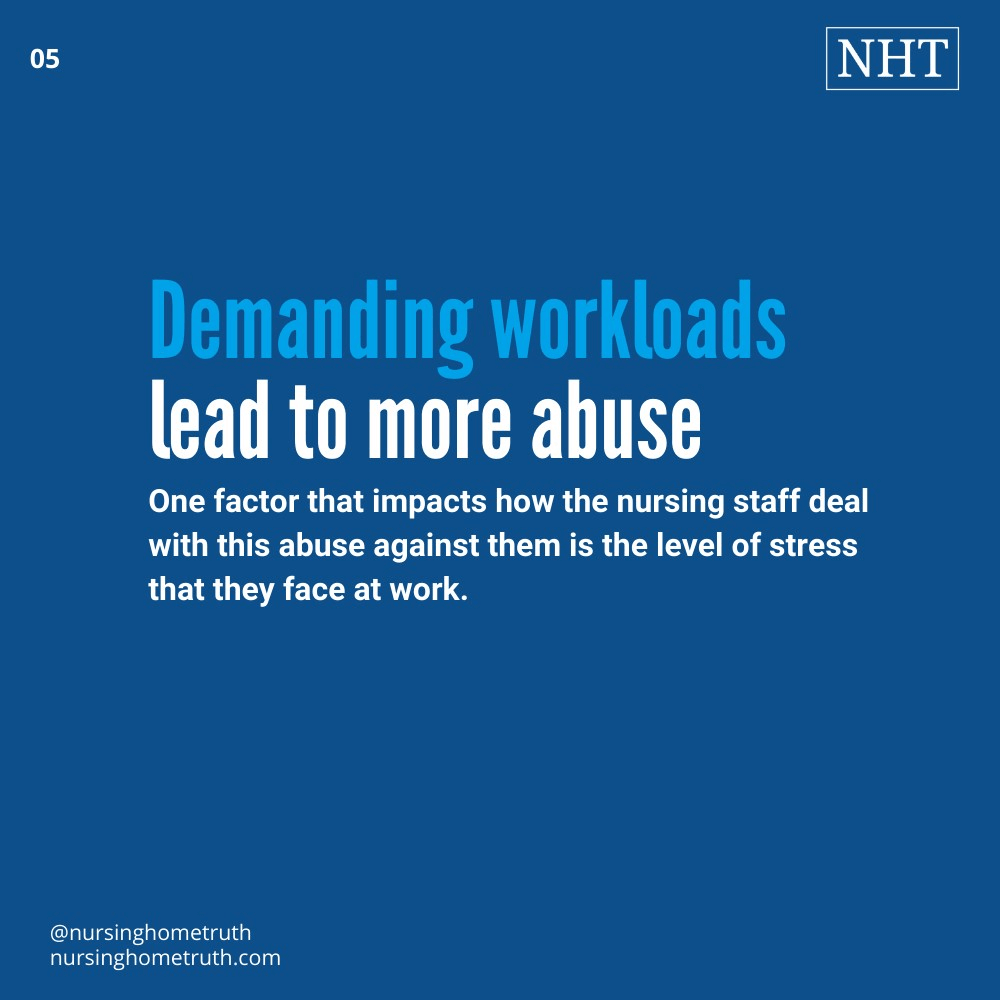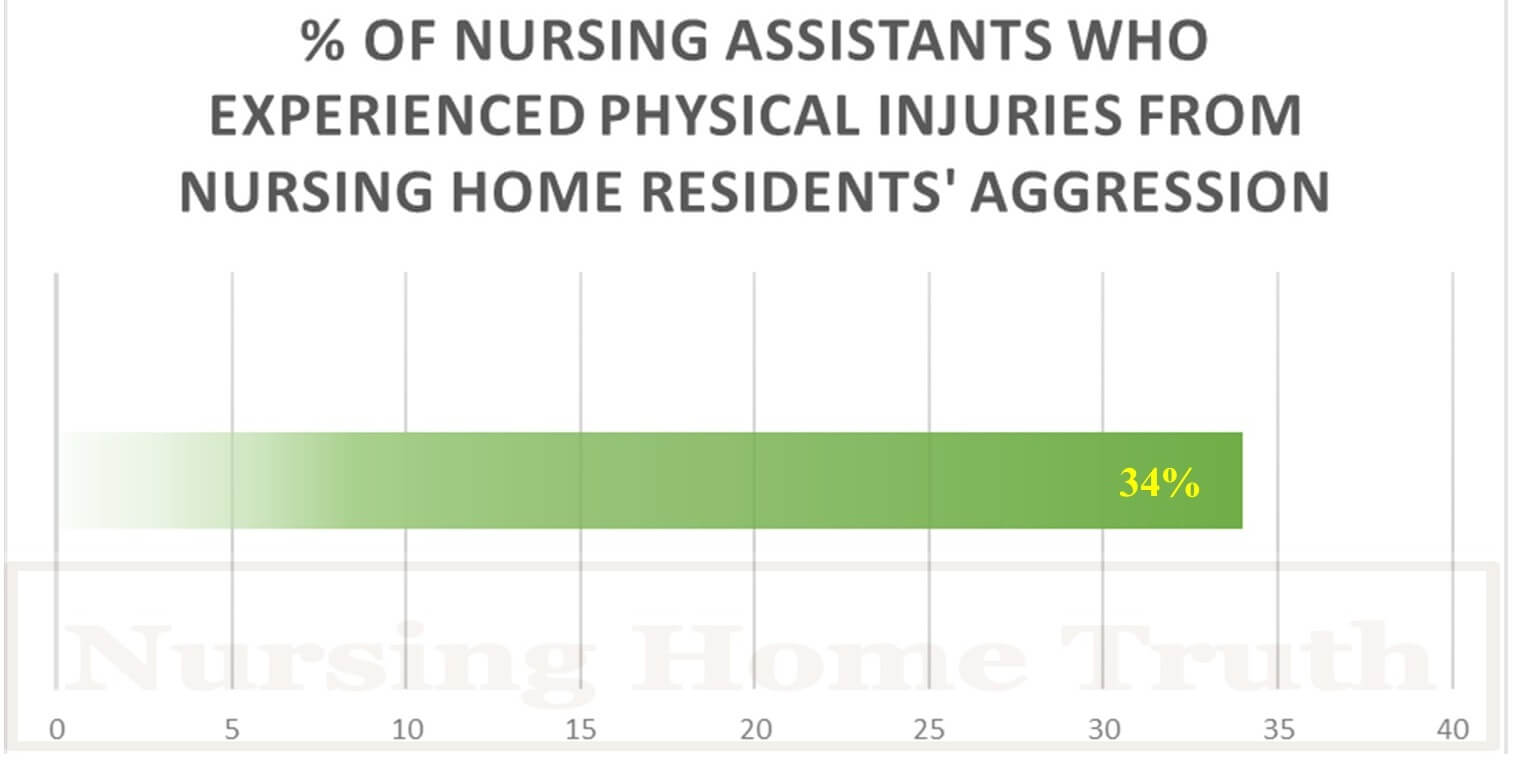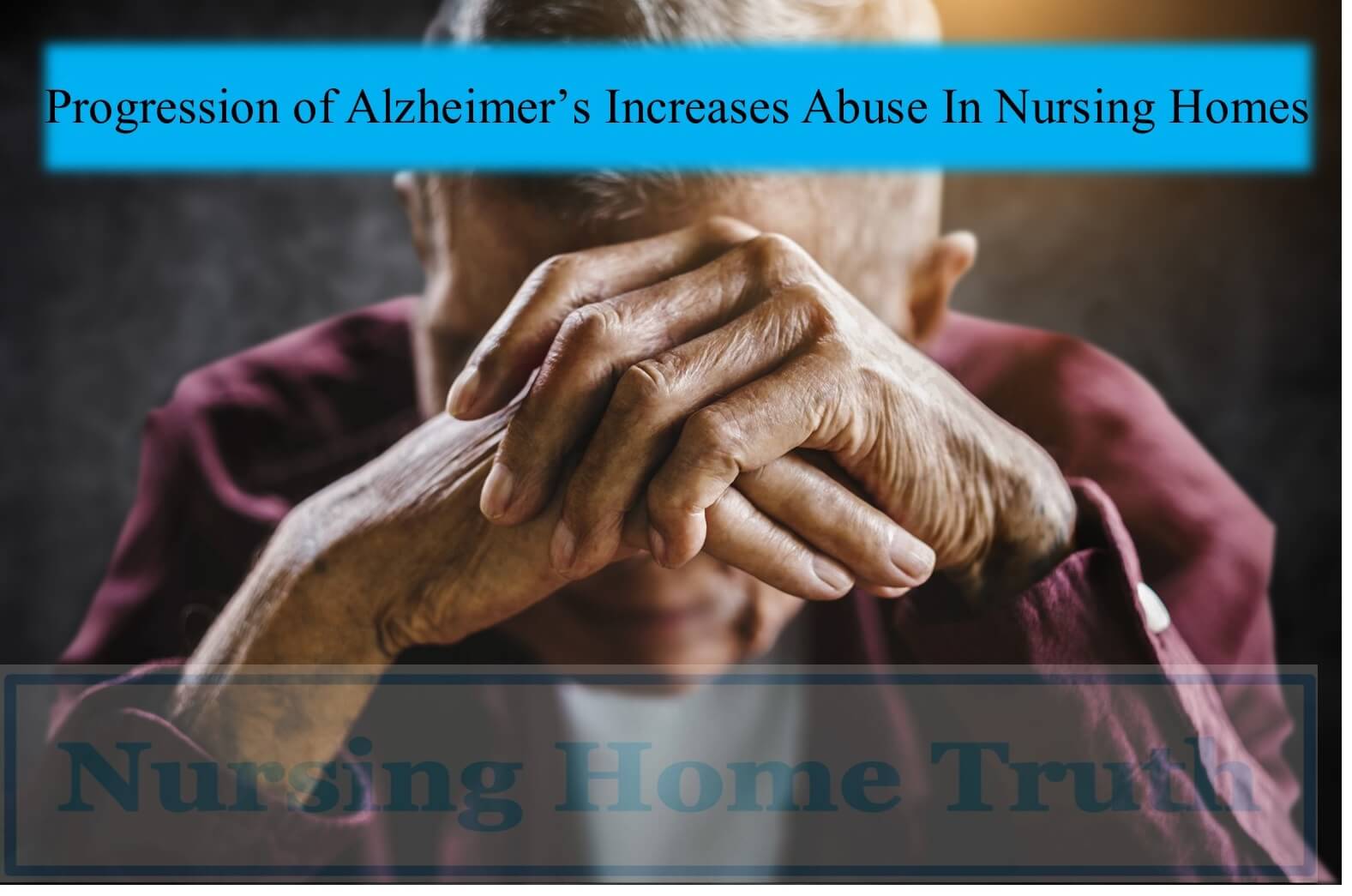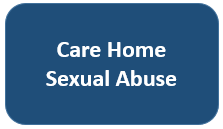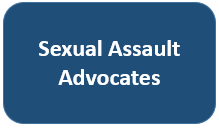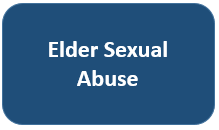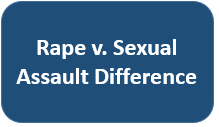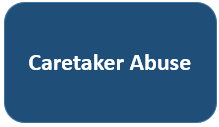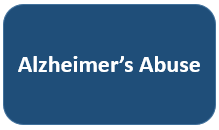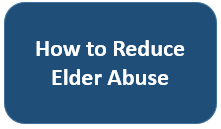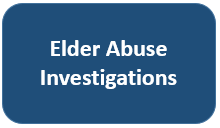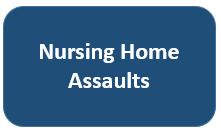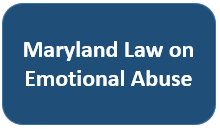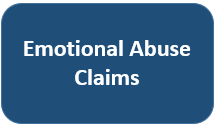Blog Article Updated: May 1, 2022
Alzheimer’s Abuse in Nursing Homes
A sizeable number of nursing home patients have some form of dementia or memory issues, to include Alzheimer’s.
Sadly, I find that nursing homes cut a lot of corners with such patients, assuming the neglect and abuse can easily be swept under the rug.
If you are reading this page, you likely suspect that the nursing home did this, and need answers.
I hope you get some of those answers below. If you still have questions after reading my below research, contact me 24/7 using the contact form below for a free consultation.
Clickable Table of Contents
Alzheimer’s Abuse Help
1 – Alzheimer’s Disease
2 – Alzheimer’s Abuse In Nursing Homes
3 – Alzheimer Patient Abuse & Nursing Home Staff
4 – Factors That Increase Abuse Probability
5 – Preventing Abuse Against Residents With Alzheimer’s
6 – Can Families Mitigate Alzheimer’s Abuse In Nursing Homes?
Resources
7 – Get Help With Your Alzheimer’s Abuse Case
8 – Supporting Literature, Citations & Research
9 – About the Author
10 – Legal Help in Maryland & Nationally
Alzheimer’s Disease
Alzheimer’s Impacts on Independence
Alzheimer’s abuse in nursing homes is a serious problem that is on the rise as more and more people with Alzheimer’s disease and other cognitive dementia’s move into nursing homes.
Alzheimer’s Disease is a form of dementia that usually happens in old age, but can happen at much younger ages as well.
This is known as early onset Alzheimer’s and has been seen in people as young as their 30s and 40s. When this happens, a person will find reduction in their memory, thinking and behavior functions.
Those who have the illness at any age suffer from a decline in their cognitive abilities and particular degradation of their memory.
Once the later stages of the illness begin to set in the individual will find it harder to communicate, harder to remember things and harder to even take care of basic daily activities and functions.
This reduction in cognitive function leaves an individual feeling troubled and confused as their inability to live independently makes them depressed and anxious and often very agitated.
Alzheimer’s Nursing Home Care
This inability to take care of themselves, and the inability of many family members to take care of their loved ones, leaves a large number of those with the Alzheimer’s to seek care in a nursing home so they can get round the clock care.
Those who go into nursing homes have a much higher rate of abuse against them that can go unnoticed and unreported because the illness creates a situation where the victim may not even be able to remember that there was abuse against them.
As the illness progresses, the victim may not only forget specific events of abuse, being left only with unexplained feelings of sadness or anxiety, but may no longer be able to effectively communicate to those who could potentially offer them help.
This combination makes the problem of Alzheimer’s abuse in nursing homes a serious one that needs to be monitored carefully so that victims can be helped.
Alzheimer’s Abuse In Nursing Homes
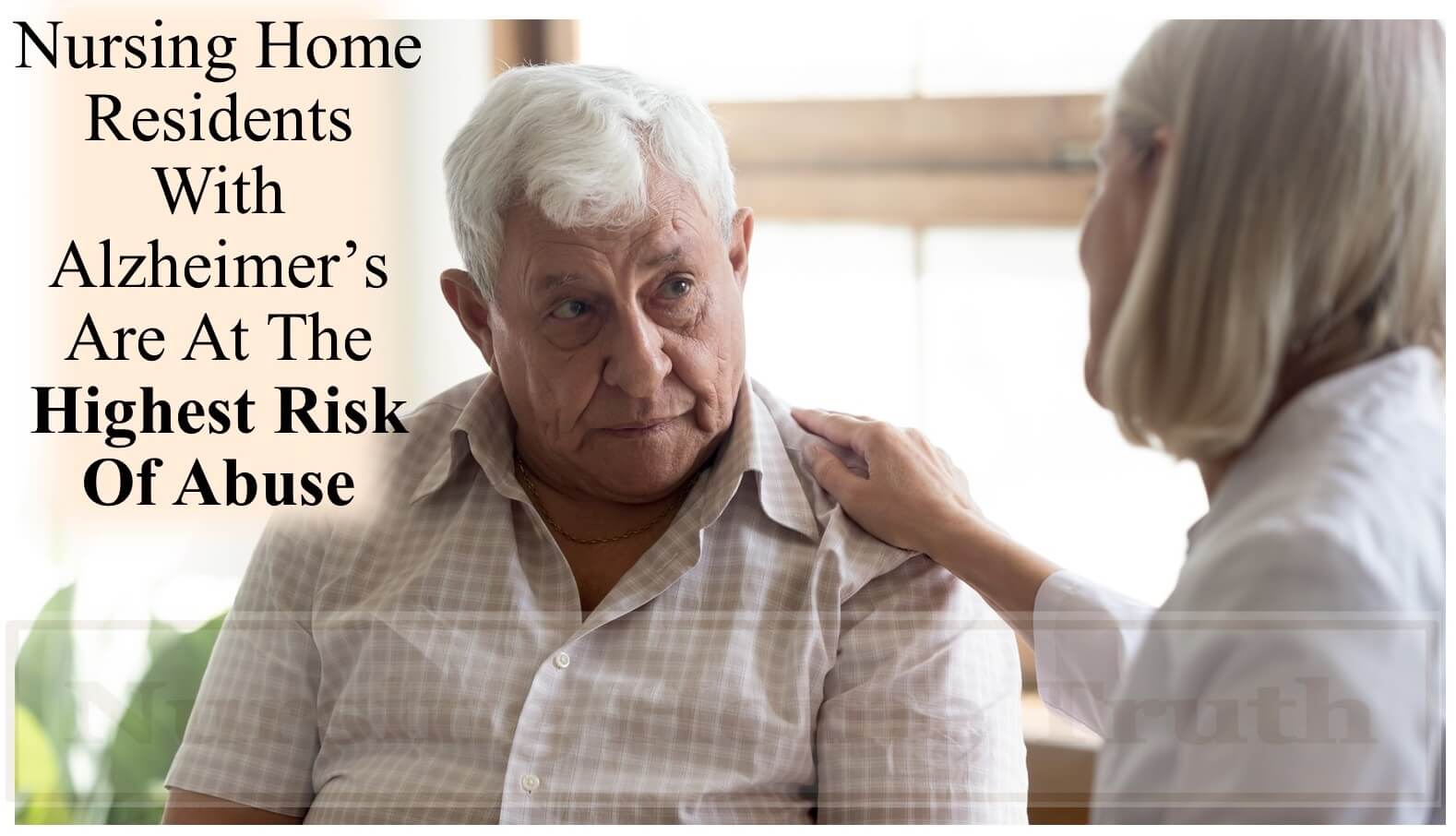
In surveys of family and those in nursing homes, approximately 24.3% of respondents reported at least one incident of physical abuse by nursing home staff.
Many factors increase the chance that a person with Alzheimer’s will be a victim and each one has potential mitigating factors as well.
Amongst these factors that increase the rates of victimization are:
◊ When there are limitations in the activities of daily living of the individual
◊ If the resident is an older adult with behavioral difficulties
◊ When the resident was dealt with previous victimization
These are just some of the factors that ensure residents of nursing homes with Alzheimer’s disease are at greater risk of abuse.
Other factors that affect this risk are when the caregivers of patients with Alzheimer’s have factors such as self-esteem issues or alcohol abuse.
The potential for abuse therefore comes from a combination of factors on the part of the caregivers/ nursing staff and the patients themselves.
Alzheimer Patient Abuse & Nursing Home Staff
Patient vulnerabilities and caregiver risks create a situation where from both sides at once there is the potential for constant escalation of abuse risks.
This greater likelihood of abuse is due to the degenerative symptoms and progression of Alzheimer’s and the impact this has on an already overworked and understaffed nursing home caregiver community.
The mental condition of the caregiver makes a big difference in the chance of abuse taking place, as does the level of aggression that the resident shows towards staff.
Mental State Of the Caregivers
Elderly individuals with Alzheimer’s will be affected not only by their condition but by the mental state of their caregiver.
Those caregivers and nursing home staff who have higher stress, less training, anxiety, depression of low self-esteem are at a much higher risk of abuse.
Caregivers with low self-esteem were found to be five times as likely to be victims of physical abuse than those who were not treated by a staff member with this problem.
Overall, the psychological health of a caregiver has been found to be a “significant predictor of physical violence in caregivers”.
Those nursing home staff who are overworked also tend to have high levels of stress which leads to depression and both also lead to higher rates of abuse against an elderly person with Alzheimer’s.
Aggression Against Nursing Home Staff Leads To Abuse
When nursing home staff deal with abuse against them, they themselves turn around and become more aggressive towards the resident in return.
Those who have conditions like Alzheimer’s have high psychological and physical demands that they place on caregivers in nursing homes which has the impact of “triggering abusive situations”.
A large number of nursing home workers have reported being physically injured by residents with conditions like Alzheimer’s.
Upwards of nearly 35% of nursing assistants for example have reported at least one act of resident aggression against them in the previous year alone.
Nursing assistants who are employed in nursing homes that take care of Alzheimer patients were more likely to experience injuries like bites and being hit.
Demanding Workloads Lead To More Abuse
One factor that impacts how the nursing staff deal with this abuse against them is the level of stress that they face at work.
Nursing homes are often understaffed and have mandatory overtime in place to deal with this lack of adequate staffing.
These employees are then stretched thin and do not have enough time to help assist residents with their daily activities and this has been strongly associated with experiencing injuries and assaults.
Suggestions have been made that by reducing mandatory overtime and having a less demanding workload can help to reduce the risk of abuse against patient’s who have Alzheimer’s in nursing homes.
The point here is, its the nursing home’s drive for profits that makes it cut corners and force its employees in a position where they cause harm to others. Regardless, there is no excuse for this and abuse is abuse, and abusers must be held accountable.
Factors That Increase Abuse Probability
Factors that increase Alzheimer’s abuse in nursing homes go beyond just overworked employees and the mental state of the care staff.
One such factor that has been identified is that newly admitted residents to a nursing home who have Alzheimer’s have a higher chance of abuse for the first 3 months they are at the facility.
Additional high-risk factors for abuse in this community are when there is a history of partner abuse or when the residents who have Alzheimer’s are minorities.
Progression of Alzheimer’s & Increased Abuse In Nursing Homes
When an individual shows initial signs of the illness, they will have the majority of their cognitive function in place, but as the illness progresses, more and more symptoms will present themselves.
In the early onset of the disease a person will be protected from mistreatment and abuse because they can still verbalize and remember the abuse.
As the disease progresses the risk goes up for abuse as there is more loss in cognitive capabilities.
Another impact of the disease progressing is that the individual will become more functionally impaired and also become more combative.
This has consequences including the fact that the resident may become more physically abusive and receive more physical abuse.
In this manner, Alzheimer’s is a unique situation as there is a pattern of violence and reciprocal violence where two subgroups of people are being mistreated, one being those who are taking part in “violent behavior as a direct result of having violence used against them,” and second, those who are “engaging in violent behavior unprovoked”.
Preventing Abuse Against Residents With Alzheimer’s
Preventing abuse against those who have Alzheimer’s in nursing homes comes best when there is agency given to the victims.
Listening to victims of abuse is imperative and even if abuse is not yet identified, it is important to listen to residents with Alzheimer’s in general so that signs of potential abuse can be identified early on.
Nursing staff, leaders and managers need to have in place monitoring systems where they are vigilantly keeping an eye out for any sign of abuse in Alzheimer’s patients, especially those whose conditions have progressed to a more advanced stage.
This is however not always done in the rushed clinical environment where it is easy to miss the patient who desperately needs help.
Including more oversight, better training, better staffing and hiring as well as creating a “culture in which staff report all suspected adverse events and near misses,” including suspicions of resident abuse, all can help to mitigate this problem and ensure better identification of abuse.
Can Families Mitigate Alzheimer’s Abuse In Nursing Homes?
Families can also help to mitigate Alzheimer’s abuse in nursing homes by staying in contact with nursing home staff and communicating all concerns.
Family members who participated in programs where staff helped to support them and educate them ensured that abuse was better identified and family were more comfortable with their role in the life of their family member.
Even in these cases, family members of those with Alzheimer’s expressed a need for more education and support for their involvement in the nursing home setting.
Nursing homes can include support programs that include family members of those who have Alzheimer’s so that there is better long-term nursing home care of their relatives.
For nursing homes that already have such programs in place, families can mitigate abuse against their family member by staying active and involved in their loved ones life. With this involvement, changes in emotional, psychological and physical norms can be recorded to monitor possible abuse.
Get Help With Your Alzheimer’s Abuse Case
If you suspect someone you know, who has Alzheimer’s, is or was being abused by a nursing home or its staff, you can hold the bad nursing home accountable.
I have represented well over a dozen nursing home victims with Alzheimer’s who suffered abuse at the hands of a nursing home. In some cases, the resident dies from the abuse, and I have represented the surviving family members.
To benefit from my experience and seek justice, fill out the contact form below or call me anytime. You deserve answers, and I will do everything in my power to get you that peace of mind.
Warmly,
Reza Davani, Esq.
State Bar No.: #1212110211
Federal Bar No.: #30168
Cellphone: (301) 922-4598
Email: reza@nursinghometruth.com
Abuse & Assault Legal Library
Click/Tap Icons to Access Articles

Supporting Literature, Citations & Resources:
Schiamberg, L. B., Oehmke, J., Zhang, Z., Barboza, G. E., Griffore, R. J., Von Heydrich, L., … & Mastin, T. (2012). Physical abuse of older adults in nursing homes: a random sample survey of adults with an elderly family member in a nursing home. Journal of elder abuse & neglect, 24(1), 65-83.
Tak, S., Sweeney, M. H., Alterman, T., Baron, S., & Calvert, G. M. (2010). Workplace assaults on nursing assistants in US nursing homes: A multilevel analysis. American journal of public health, 100(10), 1938-1945.
Linsk, N. L., Miller, B., Pflaum, R., & Ortigara-Vicik, A. (1988). Families, Alzheimer’s disease, and nursing homes. Journal of Applied Gerontology, 7(3), 331-349.
Schiamberg, L. B., Barboza, G. G., Oehmke, J., Zhang, Z., Griffore, R. J., Weatherill, R. P., … & Post, L. A. (2011). Elder abuse in nursing homes: An ecological perspective. Journal of Elder Abuse & Neglect, 23(2), 190-211.
VandeWeerd, C., Paveza, G. J., Walsh, M., & Corvin, J. (2013). Physical mistreatment in persons with Alzheimer’s disease. Journal of Aging Research, 2013.
Mileski, M., Lee, K., Bourquard, C., Cavazos, B., Dusek, K., Kimbrough, K., Sweeney, L., & McClay, R. (2019). Preventing The Abuse Of Residents With Dementia Or Alzheimer’s Disease In The Long-Term Care Setting: A Systematic Review. Clinical interventions in aging, 14, 1797–1815. https://doi.org/10.2147/CIA.S216678
About the Author
This nursing home and medical malpractice article was written by Baltimore, Maryland nursing home attorney Reza Davani, Esquire. Mr. Davani received his Juris Doctor degree from a Tier 1 law school, the University of Maryland Francs King Carey School of Law. He received his first license to practice law from the State of Maryland’s Court of Appeals (MD State License No. 1212110211), and just four months later received a federal law license from the United States District Court for the District of Maryland (Federal License No. 30168).
Mr. Davani has been practicing law for over 10 years. He began practicing law by helping clients as a sanctioned student lawyer before receiving his law license, and second chaired his first jury trial in federal court before even graduating law school. He is a registered member of the Maryland Association for Justice (MAJ), the American Bar Association (ABA), the American Association for Justice (AAJ), and was formerly on the MAJ’s Legislative Leader’s Circle.
Mr. Davani has taken over 20 cases to trial in state and federal court, and favorably settled well over 100 cases for injured victims. He has personally helped his clients recover over $15,000,000 in personal injury, medical malpractice, and nursing home abuse settlements and verdicts in Maryland and other states. He is dedicated to fighting for justice, and welcomes the opportunity to help you.
Nursing Home Abuse Lawyer Near You in Baltimore, Maryland, Helping Clients Nationally
I can help you anywhere in Maryland, including Allegany County, Anne Arundel County, Baltimore City, Baltimore County, Carroll County, Calvert County, Caroline County, Cecil County, Charles County, Dorchester County, Frederick County, Garrett County, Harford County, Howard County, Kent County, Montgomery County, Prince George’s County, Queen Anne’s County, Somerset County, St. Mary’s County, Talbot County, Washington County, Wicomico County, and Worcester County.
I have helped clients in over a dozen jurisdictions, including California, Delaware, District of Columbia, Georgia, Illinois, Iowa, Massachusetts, Maryland, Mississippi, New Jersey, New Mexico, New York, North Carolina, Pennsylvania, South Carolina, Washington, and Virginia.
I help injured victims nationwide in all 50 states on a case-by-case basis via Pro Hac Vice.


